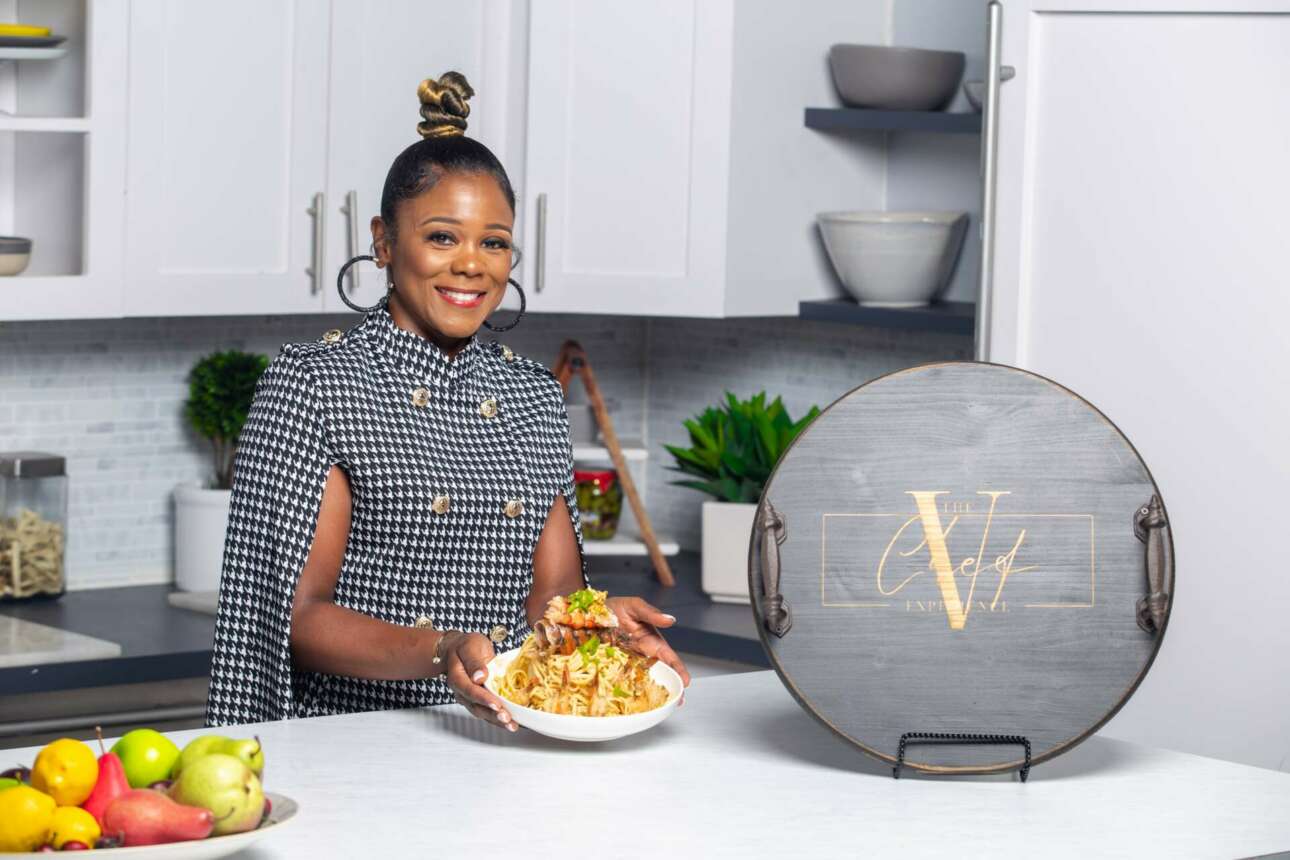The number one thing we hear from entrepreneurs and artists and creatives when we ask them about their education is about how irrelevant it was to their story. Sure, some folks had wonderful educational experiences, but for many their experiences left them feeling ill prepared for life and their careers. So, we wanted to create a space for folks to share their experiences and ideas for how we can improve our educational system.
Andeana Stewart
I would change the education system by incorporating more interactive learning methods, like hands-on activities and group projects. This would help students develop essential skills like problem-solving, collaboration, and critical thinking. Additionally, I would focus on integrating technology into the curriculum to prepare students for the digital age. Read more>>
Veronica Madison

Our education system currently lacks in providing efficient financial literacy skills needed to navigate life after high school or college. There is a lot of emphasis placed on subjects such as algebra, world history, etc but none of those things are applicable to generating revenue, increasing profit margins, or controlled spending which are all needed to live comfortably and/or provide for a family. There should be more focus in high school on what the students career objectives are and an education plan should be put in place to support those goals, with flexibility to adjust if the student changes their mind midway. Subjects such as algebra should only be required if it’s necessary to be successful in their chosen career path. Of course, the fundamentals of subject such as math, reading/English literature, science should be a standard with financial literacy being an added prerequisite to graduate. No matter what path you choose, if you don’t have the ability to generate and manage your finances you’ll contribute to the 11.5% of Americans (37.9 million people) living poverty. Read more>>
Rhaelee Gronholz
During Covid I built a 900 hour program for an audio production school. We had to switch everything from campus classes to distance learning. It was a way for students to learn when everything in the world stopped. I found that during this time it seemed production schools were more focused on how many enrollments could be made, vs how many students successfully passed. I spent a lot of time after building the program with each of my students finding out where they were located so we could find jobs in their area. By doing this, I was able to place over 70% of my students in industry jobs before they even graduated. Internships in our industry are also very rarely paid, these students need some kind of compensation for their time and for coming out to your studio or production company. Many students told me they were handed a broom and did a lot of cleaning, but didn’t get much time to learn or help with the gear. We can’t continue to not allow students those opportunities and expect them to love being there. I think as a whole we need to show them why we love what we do and teach them the ropes. So often there are trade secrets that shouldn’t be secrets, information is free and all the top leaders in our industry were once in these students position. It’s important that we have passionate teachers that are also aware of the industry as it currently stands. Many teachers I knew hadn’t worked professionally in their industry for many years. To me, that puts a disconnect between students actually getting the knowledge needed of our ever changing industry. I think it’s paramount for instructors to still be actively working in their fields while they teach so we can bring real world knowledge into the classroom. Read more>>
Tylantiss Atlas

I have a long history of employment experience within or closely associated with the discipline of education, both as a graduate assistant and a track and field athlete. I have remained intensely driven by strengthening both students’ and educators’ experiences with school along my professional life. At this level in my academic life, this devotion is what has inspired me to work towards an advanced degree in education. I’ve always intended a variety of supervisory positions related to educational establishments, or something like employment in politics or law enforcement. My number one goal after graduation is to run for Dallas County mayor in 2027, which is hopefully the year I earn my doctorate. I think having an Ed.D. is necessary in order to be successful in such events. It will give me the understanding and competencies I need to effectively lead educational organizations. Read more>>
Jennifer Hutchings
My answer might create some newfound enemies, but that’s nothing I’m afraid of. lol. I think the focus is entirely wrong in the “indoctrination” I mean educational system. In so many ways, I don’t see the difference between prison and K-12 and beyond. The pressure to make good grades seems only to be able to get into college or scholarships to pay for it. Not to retain valuable knowledge or gain particular skill sets that would set someone up for current and future success. The incentive just isn’t there imo. Read more>>
Jorge Valenzuela

As an education coach in schools across our nation, it’s evident that many young students are dissatisfied with school. Recognizing this, guiding them toward exploring their interests in tandem with academic and career skills is more critical than ever before. When students are permitted and taught to delve into their passions, it sparks a transformative journey, unlocking their potential and driving a sense of purpose. Encouraging this exploration fosters a deeper engagement with learning, aligning their academic experiences with personal aspirations, ultimately leading to a more fulfilling educational journey and life. Read more>>

